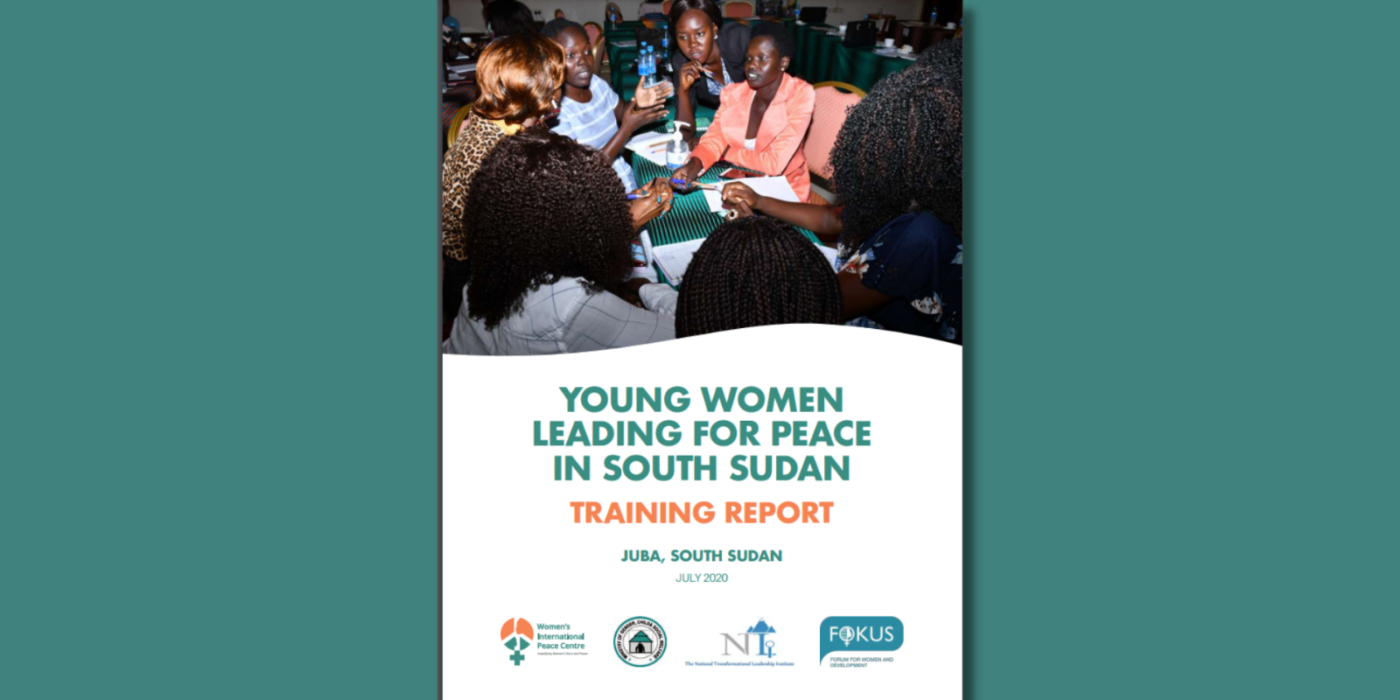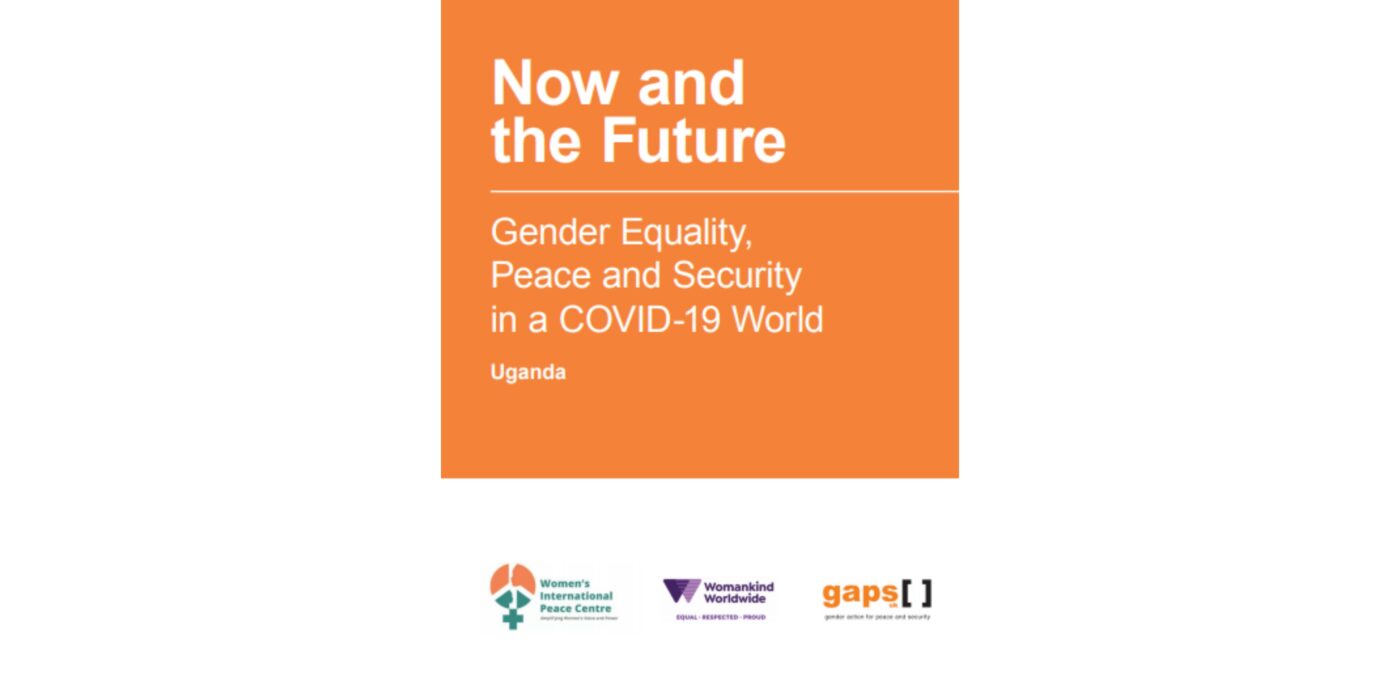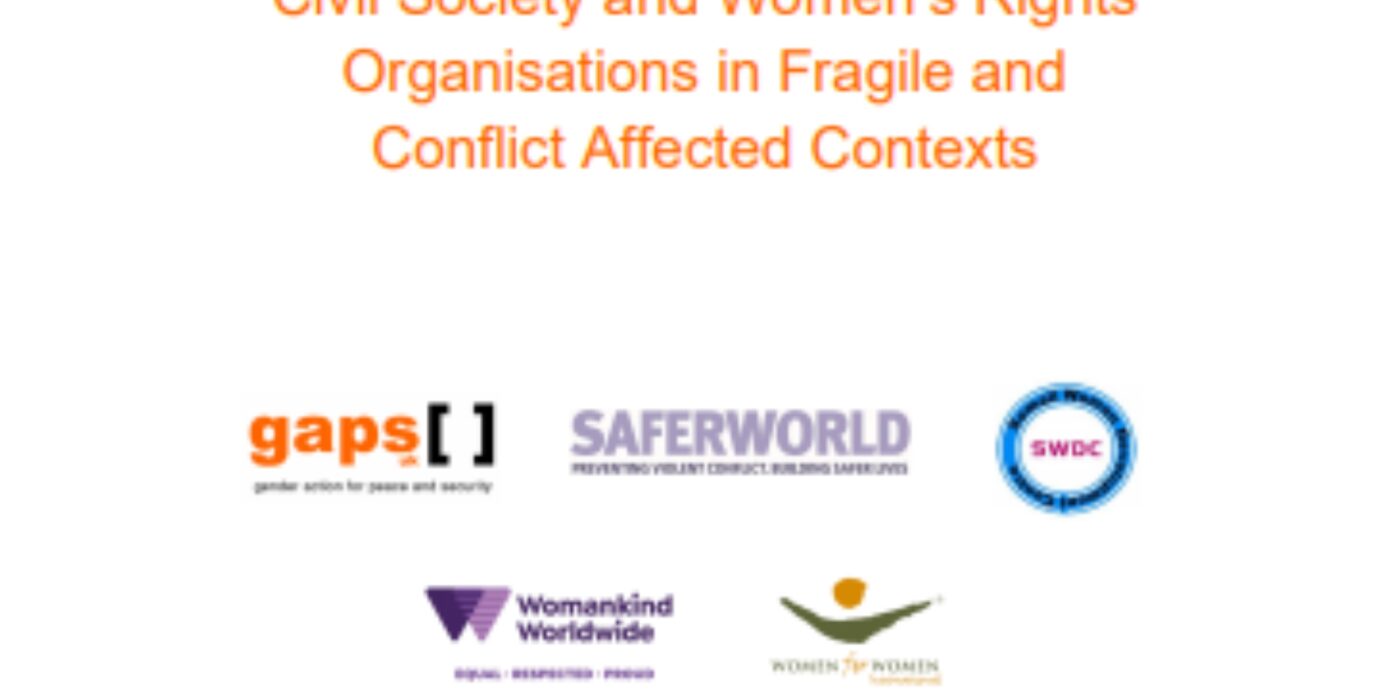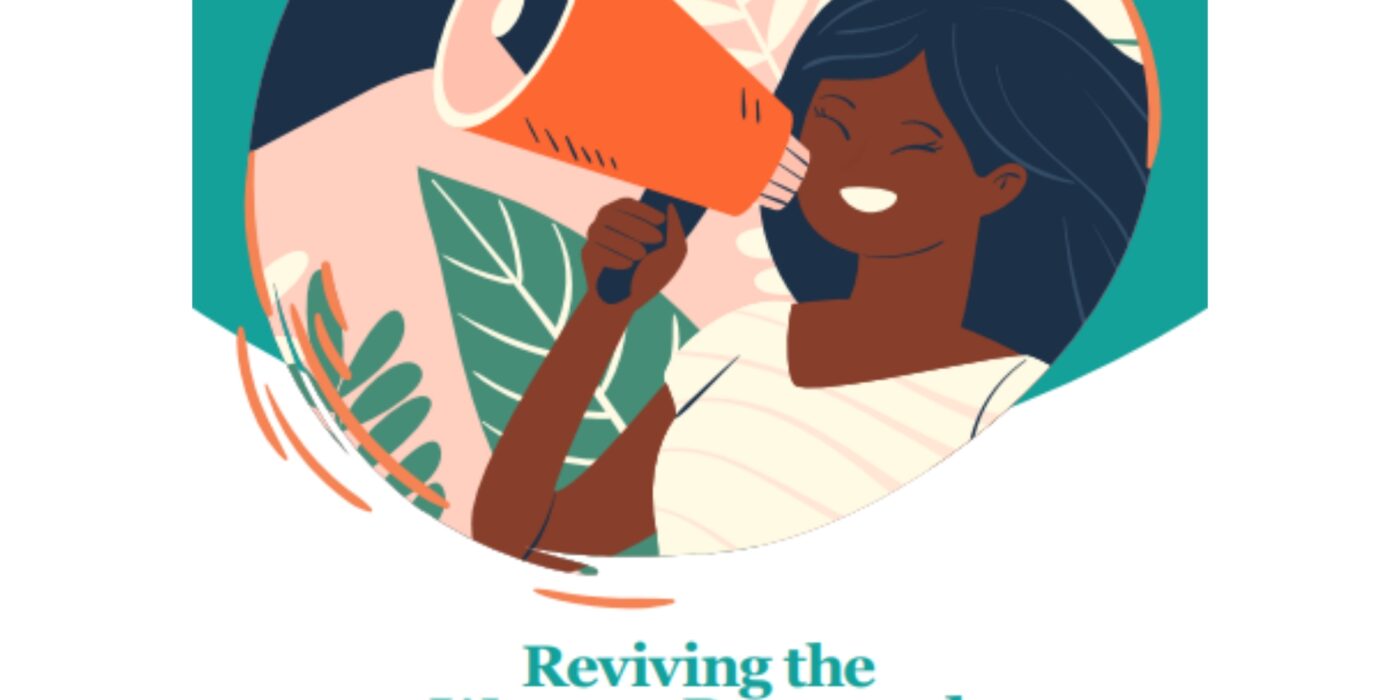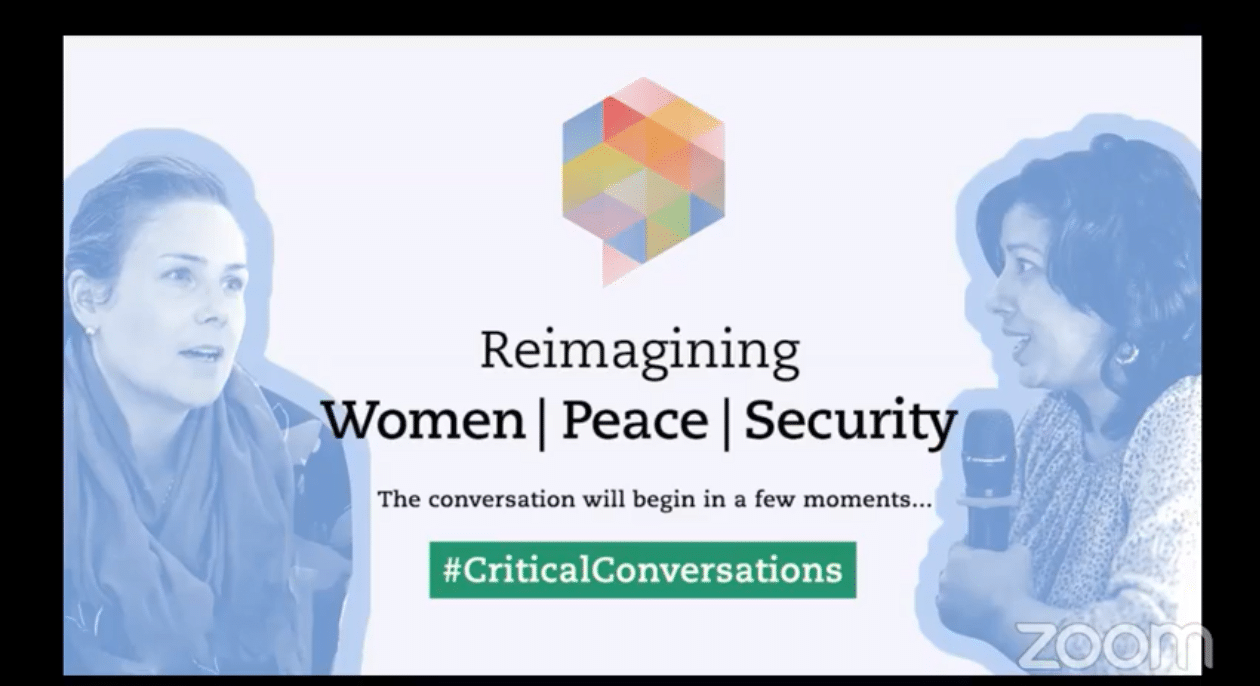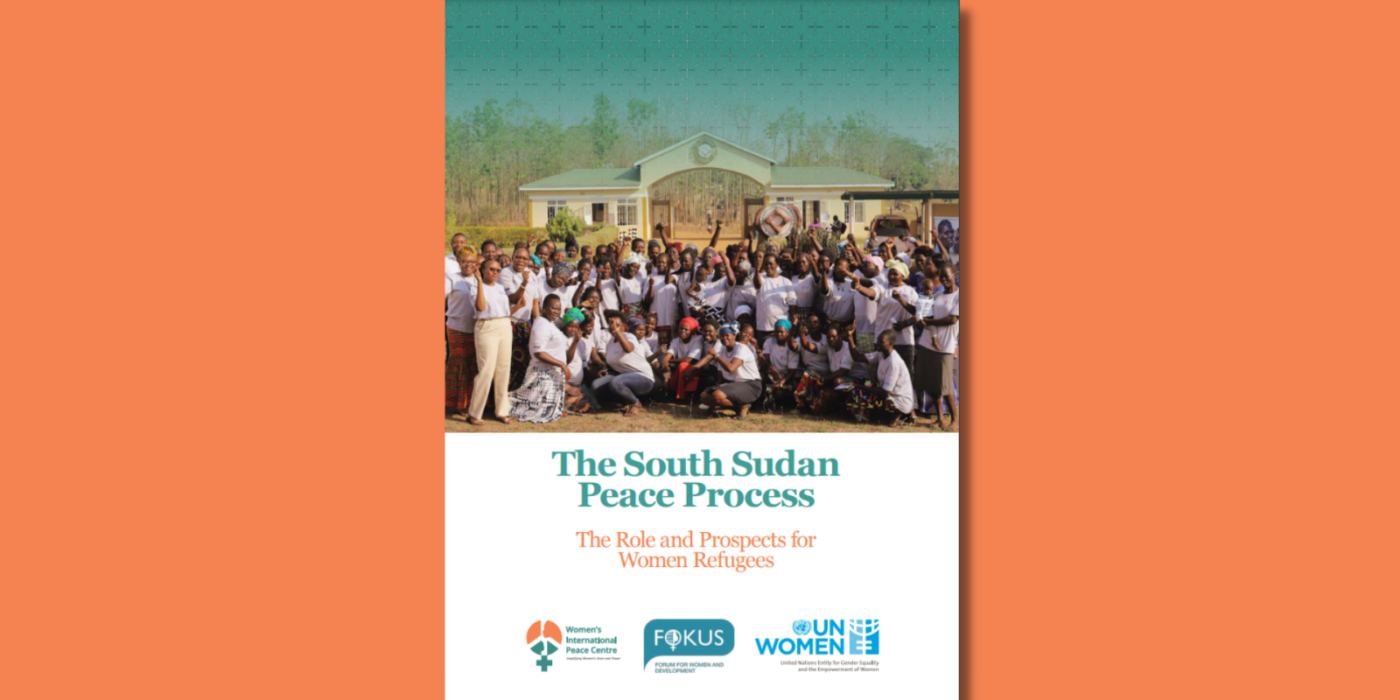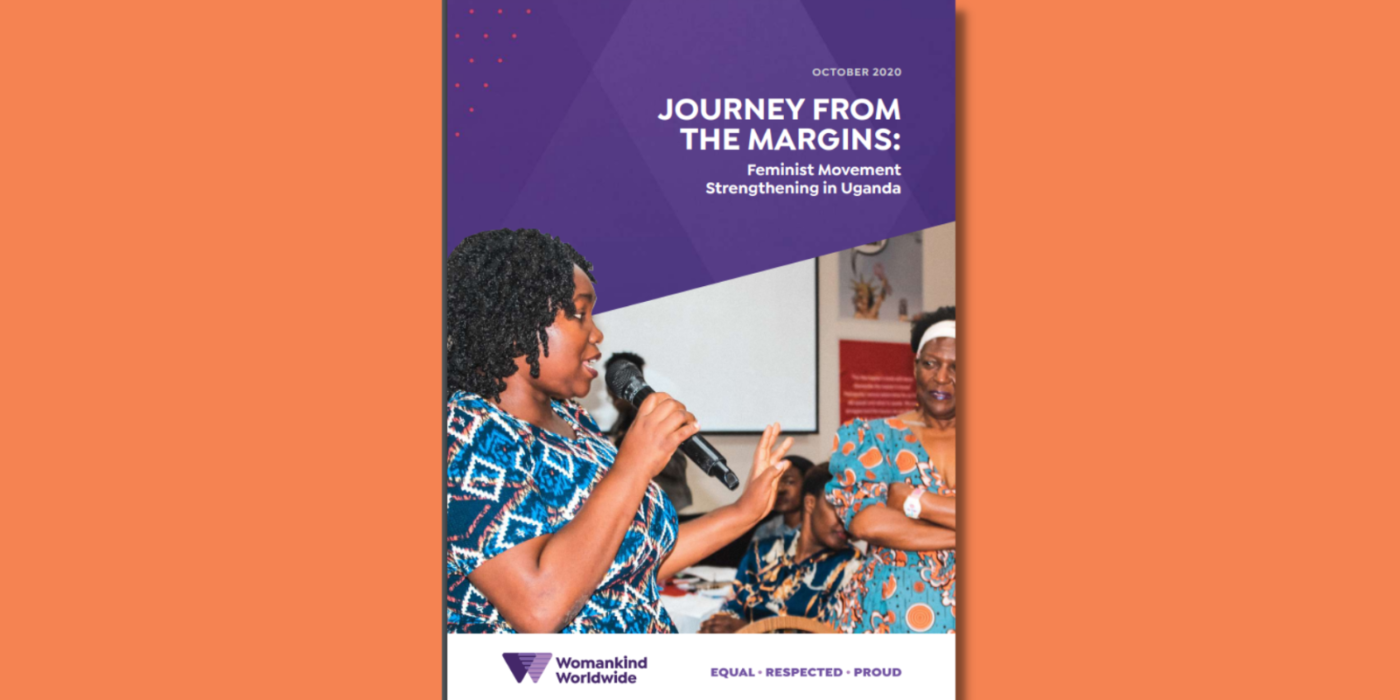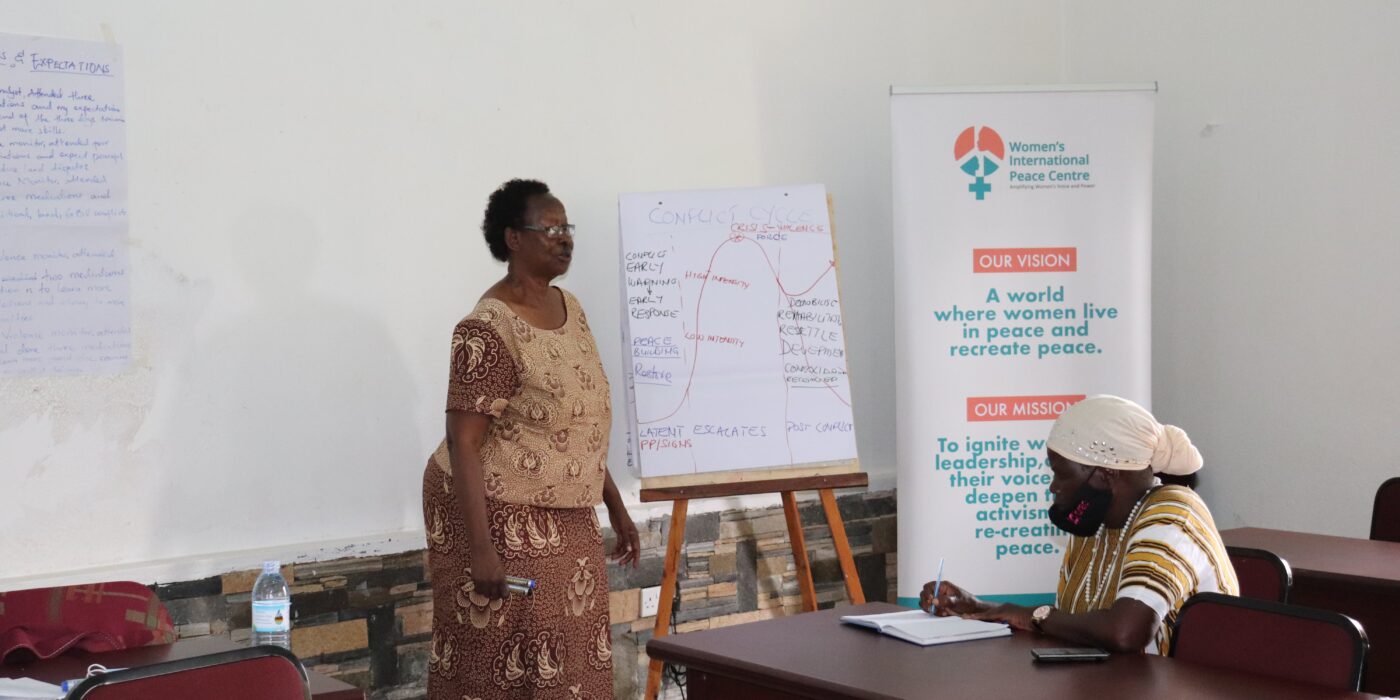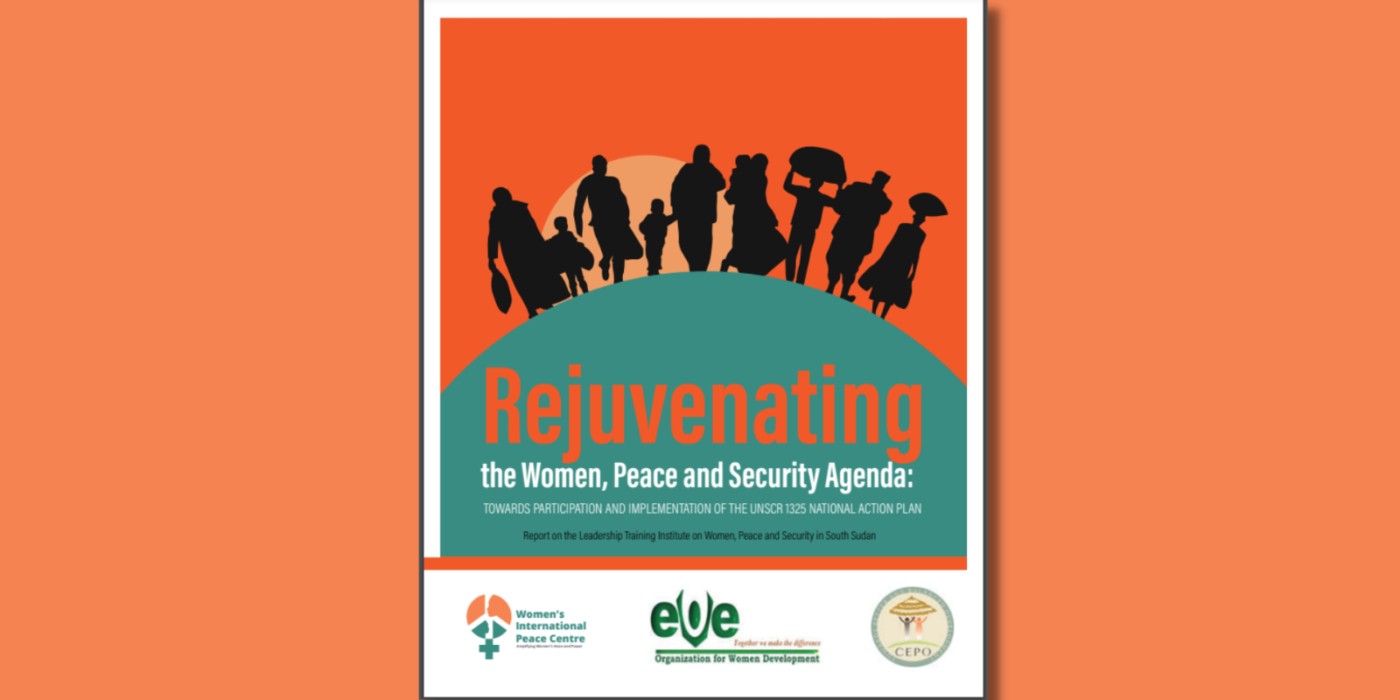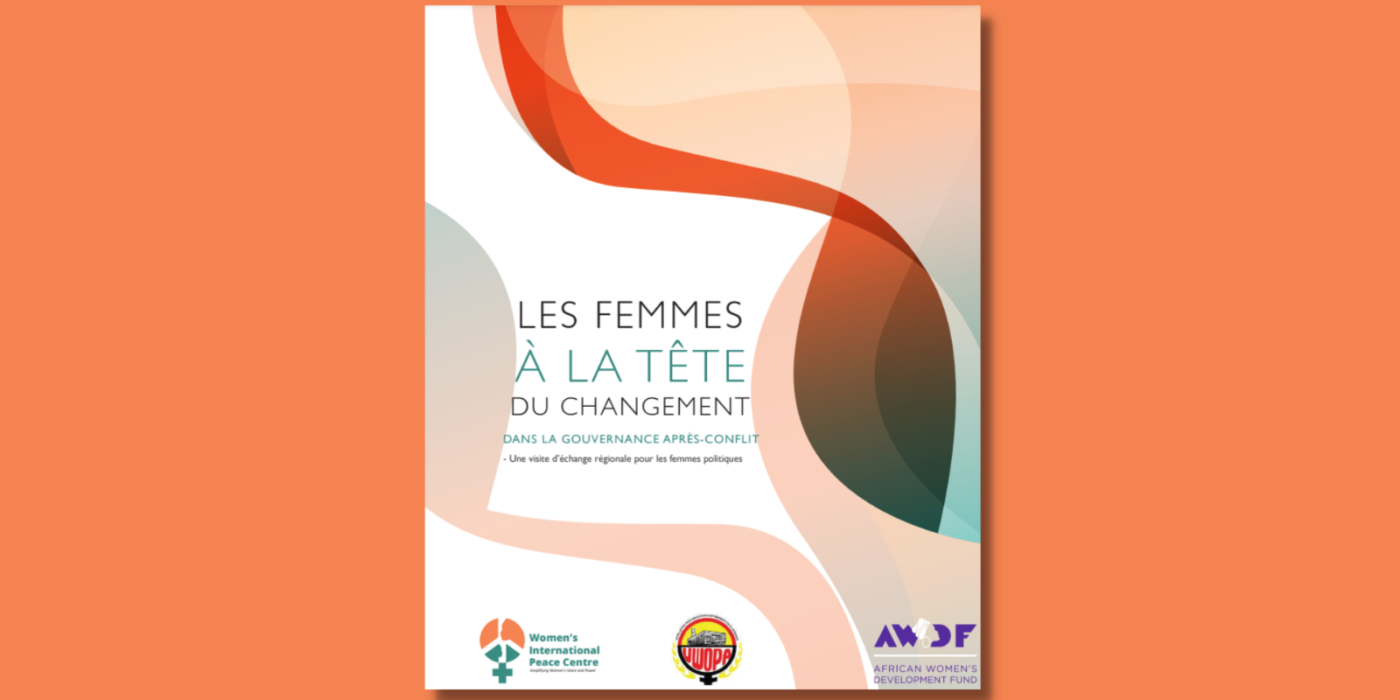Young Women Leading for Peace in South Sudan- Training Report
The Peace Centre, in partnership with Ministry of Gender, Child and Social Welfare and National Transformational Leadership Institute conducted a five-day training for 21 young women between 18 and 35, from various background representing high school graduates, university students and graduates, CSOs, FBOs, NGOs, women’s associations, political parties
and government institutions on women, peace and security from 27th to 31st July 2020 to strengthen young women’s leadership skills, equip them to gather information, conduct gendered analysis of current peace and security issues and engage in advocacy for the implementation of the women, peace and security agenda.
This report highlights the key discussions during the training.

